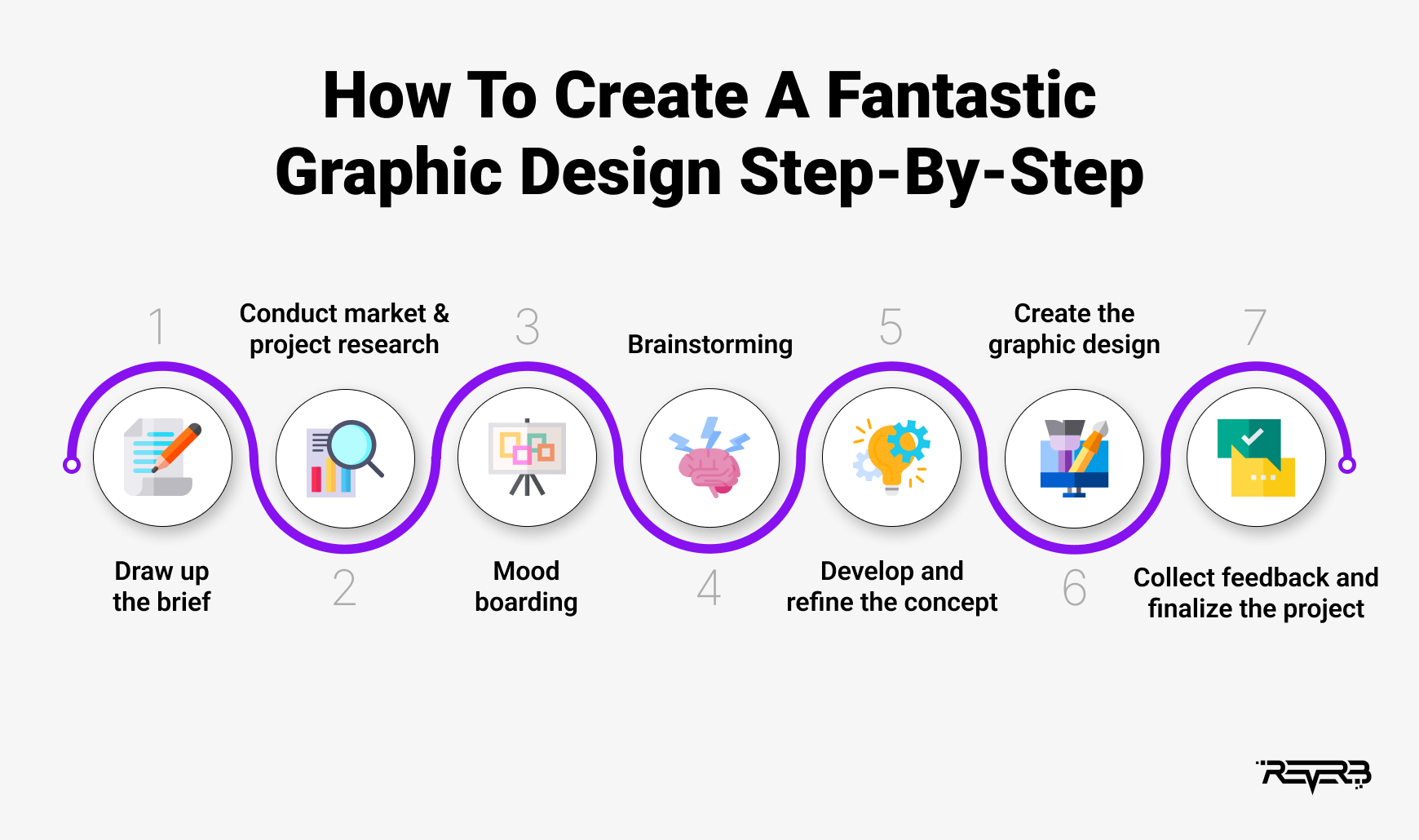Designing The Good Life: A Practical Guide

Table of Contents
Defining Your Values and Goals
The cornerstone of designing the good life lies in understanding yourself. Self-reflection is paramount; it's about identifying your core values – the deeply held beliefs that guide your decisions and actions. These values form the foundation upon which you build your life's goals. Without a clear understanding of your values, your goals might feel directionless or unfulfilling.
Several methods can help you uncover your core values. Journaling, a powerful tool for introspection, allows you to explore your thoughts and feelings, revealing the principles that truly matter to you. Values clarification exercises, readily available online and in self-help books, provide structured frameworks for identifying your priorities.
Once you’ve identified your values, it's time to set SMART goals. SMART goals are:
- Specific: Clearly defined and easily understood.
- Measurable: Progress can be tracked and quantified.
- Achievable: Realistic and attainable within a given timeframe.
- Relevant: Aligned with your core values and overall life vision.
- Time-bound: Associated with a specific deadline or timeframe.
Actionable Steps:
- Create a list of your top 5 values (e.g., family, creativity, learning, health, freedom).
- Set 3-5 short-term goals (within the next 3-6 months) related to your values. For example, if "family" is a core value, a goal might be "Have dinner with family once a week."
- Visualize your ideal future self – what does a life lived according to your values look like?
Cultivating Meaningful Relationships
Strong social connections are vital for overall well-being. Nurturing existing relationships and forging new ones contributes significantly to a fulfilling life. Meaningful relationships provide support, belonging, and a sense of community, combating feelings of loneliness and isolation.
Improving communication and conflict resolution skills is crucial for maintaining healthy relationships. Active listening, empathy, and clear, honest communication are essential for building strong bonds. When conflict arises, it's important to address it constructively, focusing on understanding each other's perspectives.
Actionable Steps:
- Schedule regular time for loved ones – even short calls or texts can make a difference.
- Practice active listening – focus on truly understanding the other person's viewpoint.
- Join a community or group based on your interests – this can lead to new friendships and shared experiences.
Prioritizing Physical and Mental Well-being
Physical and mental health are intrinsically linked. Neglecting one often negatively impacts the other. Prioritizing both is crucial for designing a good life. Regular exercise, a balanced diet, and sufficient sleep are fundamental for physical well-being. Stress management techniques like meditation, yoga, or deep breathing exercises are vital for mental health.
Actionable Steps:
- Create a weekly exercise plan, aiming for at least 150 minutes of moderate-intensity aerobic activity.
- Focus on whole, unprocessed foods – fill your plate with fruits, vegetables, lean protein, and whole grains.
- Practice mindfulness for 10 minutes daily – even a short meditation session can significantly reduce stress.
Mastering Time Management and Productivity
Effective time management is essential for achieving your goals and reducing stress. Prioritizing tasks, eliminating distractions, and learning to say "no" are crucial skills. Utilize tools like planners, to-do lists, or productivity apps to organize your time effectively. Break down large tasks into smaller, manageable steps to avoid feeling overwhelmed.
Actionable Steps:
- Use a planner or to-do list to stay organized and track your progress.
- Break down large tasks into smaller, manageable steps.
- Allocate specific times for focused work – minimize distractions during these periods.
Continuously Learning and Growing
Personal development is a lifelong journey. Embracing continuous learning and growth keeps life exciting and fulfilling. Explore new hobbies, skills, and experiences; step outside your comfort zone; and embrace challenges as opportunities for growth.
Actionable Steps:
- Take an online course or workshop in a subject that interests you.
- Read books related to personal growth, self-improvement, or areas you want to develop.
- Travel to new places and experience different cultures – broaden your horizons and expand your perspectives.
Conclusion
Designing the good life is a holistic endeavor. By defining your values and goals, cultivating meaningful relationships, prioritizing your well-being, mastering time management, and embracing continuous learning, you can create a life filled with purpose, joy, and fulfillment. Start designing your good life today by taking small, consistent steps towards your goals. Remember, creating a fulfilling life is a journey, not a destination, and requires commitment and consistent effort. Embrace the process, and watch your vision of the good life unfold.

Featured Posts
-
 Sanofi Et La Pollution Decryptage Des Allegations De Rejets Toxiques
May 31, 2025
Sanofi Et La Pollution Decryptage Des Allegations De Rejets Toxiques
May 31, 2025 -
 The Searchers Farewell 70 Years Of Music Culminate At Glastonbury
May 31, 2025
The Searchers Farewell 70 Years Of Music Culminate At Glastonbury
May 31, 2025 -
 Spanish Inflation Slowdown Exceeds Forecasts Favoring Ecb Interest Rate Cut
May 31, 2025
Spanish Inflation Slowdown Exceeds Forecasts Favoring Ecb Interest Rate Cut
May 31, 2025 -
 The Impact Of Trumps Tariffs A Case Study Of A Small Wine Importer
May 31, 2025
The Impact Of Trumps Tariffs A Case Study Of A Small Wine Importer
May 31, 2025 -
 The Role Of Algorithms In Mass Shooter Radicalization Assigning Blame
May 31, 2025
The Role Of Algorithms In Mass Shooter Radicalization Assigning Blame
May 31, 2025
